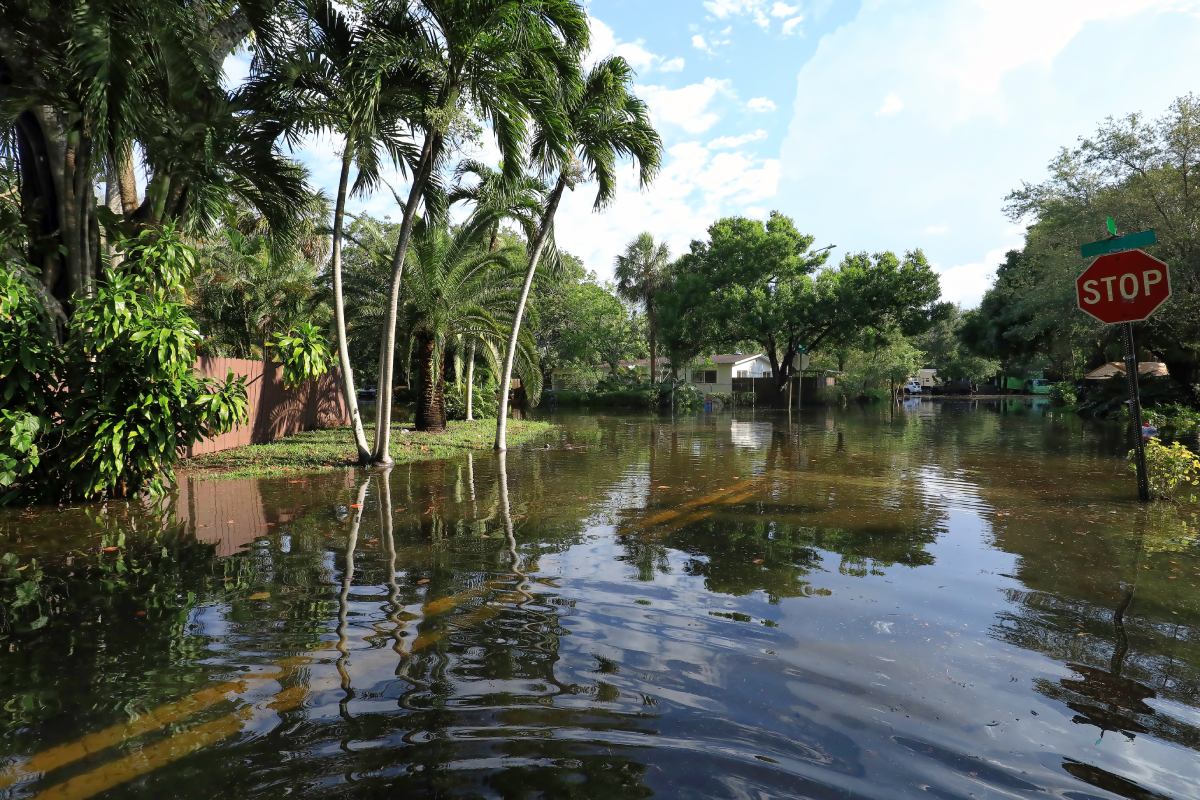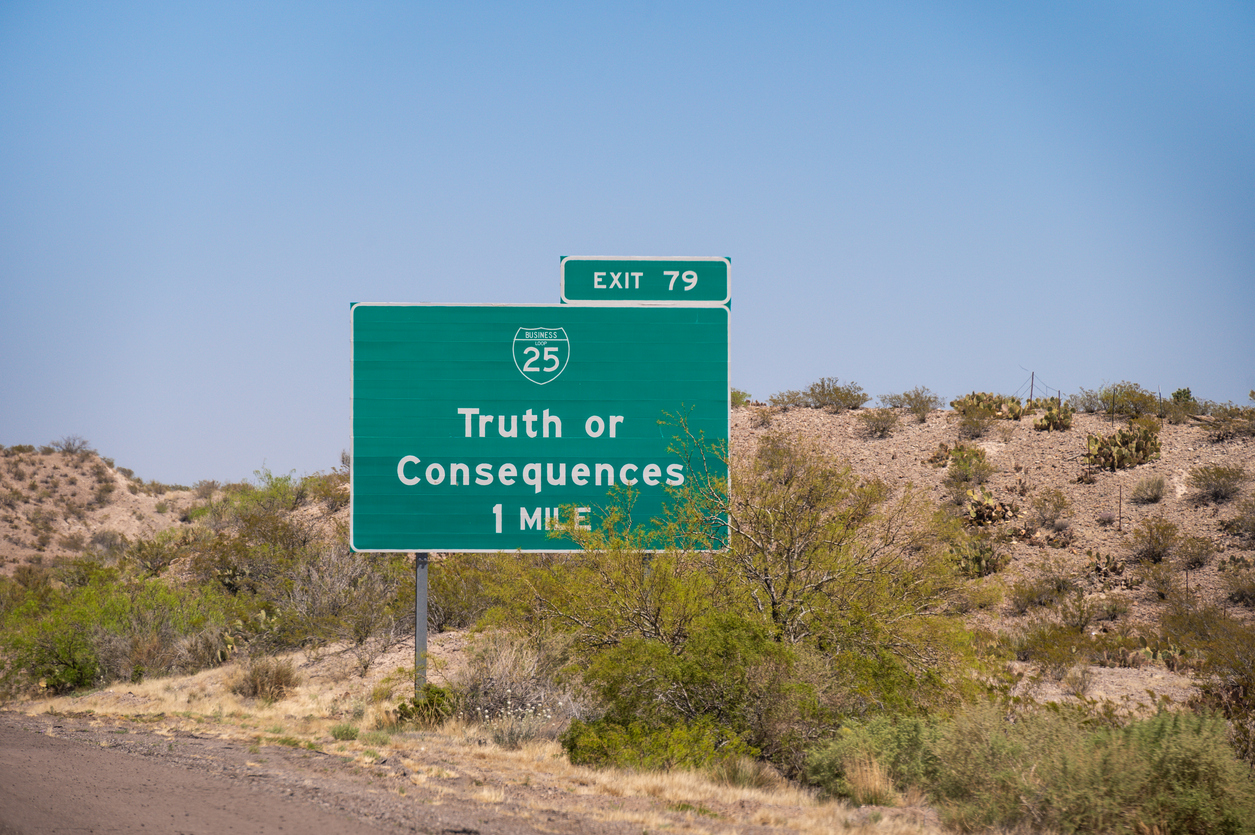What is meant when an insurance policy requires a policyholder to cooperate? Chip Merlin noted that the Cooperation Clause Does Not Require the Policyholder’s Slavish Obedience. In The Duty to Cooperate—What Happens If You Do Not Fully Respond and the Insurance Company Says Nothing About It? he stated:
Insurance company attorneys can be tricky because they try to “set up” defenses in the investigation of a claim and then claim non-cooperation or fraud if the requests are not fully responded to. It is almost as if the insurance defense bar is playing a “gotcha” game. On the other hand, not cooperating on an obvious and material issue will spell doom for the policyholder.
…
The bottom-line lesson is to provide the insurance company with all reasonable requests for information as soon as possible. If there is any issue, ask about the issue rather than refuse to provide the requested information. As a safety measure, then ask if the insurance company has all it needs and if anything asked for was not provided. Often, the insurers are using boilerplate requests and will modify those to fit the situation. Cooperation is a two-way street…
A Colorado judge recently issued an Order that helps clarify the obligations of policyholders and insurance companies on what it means to “cooperate” with the investigation of a claimed property loss.
In this case, policyholders filed for insurance benefits under a homeowner’s policy with USAA when a pipe in their home froze and burst, spilling water throughout their basement and damaging their furnace and water heater. 1 USAA later argued that the policyholders failed to “cooperate” with the insurance company’s investigation, and thus, voided coverage under the insurance policy.
After the policyholders provided USAA with an estimate of repairs that needed to be made as a result of the busted pipe, USAA asked at least seven times for more specific information on the damaged furnace and water heater, including: what specific parts were damaged, the cause of the damage, brand and model names of the items, the size and age of the items, and information on whether smaller parts could be replaced. While the policyholders provided additional photographs of the damage, a licensed professional’s recommendation that the furnace and water heater needed to be replaced, and a second quote on the furnace, none of the materials provided were what USAA requested or what “it needed to evaluate their claim.” As such, USAA denied payments for the furnace and water heater altogether. USAA claimed that the policyholders were not entitled to any benefits for the furnace or water heater under the policy because they didn’t “cooperate” with the insurance company when they failed to provide USAA with the requested information.
In Colorado, a policyholder is required to “cooperate” with the insurance company in its claims investigation of an alleged loss. 2 If a policyholder fails to cooperate in a “material and substantial respect” with the insurance company in such a situation, coverage may be voided under the policy. 3 However, and most importantly, such a failure to cooperate by a policyholder will only void coverage if the insurer suffers “material and substantial disadvantage.” 4 As such, it is paramount to the potential success of a claim that policyholders and those helping them with their claims – like public adjusters – make sure they are cooperating with the insurance company in the claims investigation and don’t do anything that could be seen as materially and substantially disadvantaging the insurance company in its investigation.
In the recent Colorado case, there was no disputing that USAA never received the specific information it requested from the policyholders, as noted above. Nonetheless, USAA never notified the policyholders that their failure to cooperate by not providing the requested information could result in voiding coverage under the policy. Instead, USAA only said that it was “disadvantage[d]” by the policyholders’ alleged failure to cooperate. USAA failed to specify how the policyholders’ actions both “materially and substantially disadvantaged” USAA. Because the Court found that a reasonable juror could believe the policyholders complied with their duty to cooperate, USAA’s attempt to dismiss the claim was denied.
However, it is important to note that just because the policyholders’ claims survived at this stage of the litigation process does not mean that such information, as it currently stands, would be successful in front of a jury. Because of this, policyholders and public adjusters alike must be very careful in their actions – and inactions – when dealing with the insurance company during the investigative process. You don’t want to find yourself in a situation where the insurance company argues that a policyholder “materially and substantially disadvantaged” it in its investigation and risk the insurance company denying coverage.
So, what can a Public Adjuster or others who help policyholders take away from this recent Order? To me, it shows that both Colorado law and insurance policies put a lot of responsibility on policyholders to “cooperate” with the insurance company during the investigative claim process. It is essential that policyholders and Public Adjusters alike know they must act reasonably and responsively to the requests of the insurance company during its investigative process. When in doubt, it is better to err on the side of being too cooperative. If you aren’t, a policyholder or Public Adjuster could unintentionally void coverage under the insurance policy for non-cooperation. Cooperating with reasonable requests from the insurance company during its investigation of the claim is the best way to try and get a claim resolved before needing to bring an attorney into a case.
If you need assistance in navigating an insurance claim, please contact our office.
1 Todd v USAA Gen. Indem. Co., No. 21-cv-03232, 2024 WL 263571 (D. Colo. Jan. 24, 2024).
2 Farmers Auto. Inter-Insurance Exchange v. Konugres, 202 P.2d 959, 962 (Colo. 1949).
3 State Farm Mut. Ins. Co. v. Secrist, 33 P.3d 1272, 1275 (Colo. App. 2001).
4 Id.




